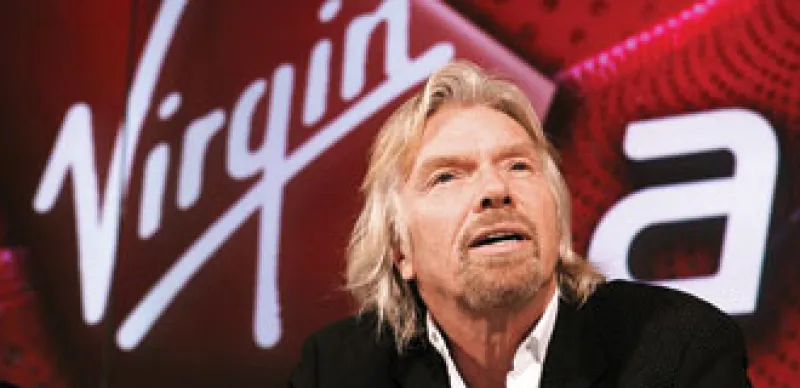
New Faces In U.K.'s Banking Sector
Competition heats up in the U.K.’s tight-knit retail banking industry. Richard Branson's Virgin Money is a likely bidder on banking assets the U.K. government is putting up for sale.
Hugo Cox
January 3, 2010


